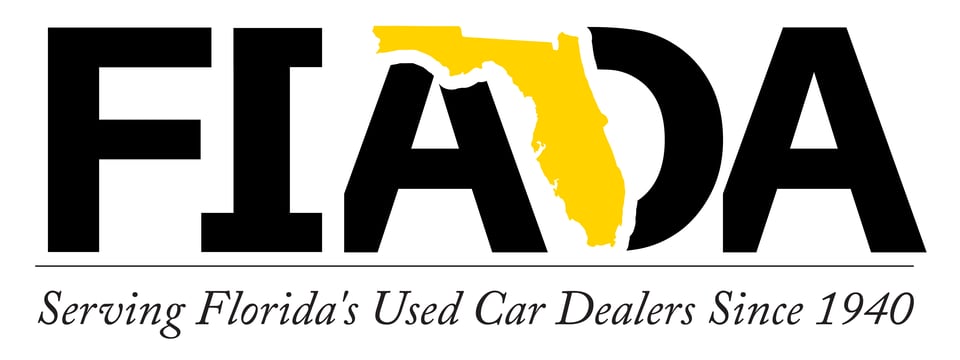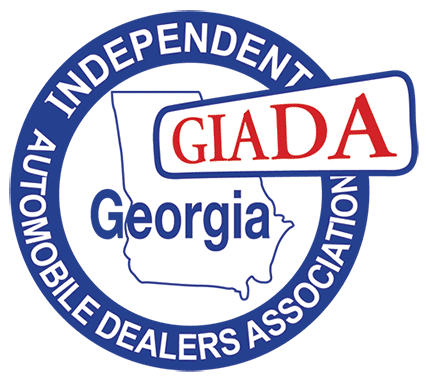A mortgage note is a legal document outlining the details of a loan used to acquire property. It offers comprehensive details regarding the loan, including the interest rate, payment schedule, and repercussions for non-payment. The lender normally holds mortgage notes, however they might be sold to third parties. In this exhaustive article, we will present examples and explain all you need to know about mortgage notes in depth.
A mortgage note is created whenever a seller offers finance to a buyer. The seller's future cash flows are represented through mortgage notes. To ensure a consistent flow of income, investors will purchase mortgage notes from borrowers. By purchasing mortgage notes, investors may diversify their holdings, generate a stable income, and avoid the responsibilities of becoming a landlord or property manager. Investors in mortgage notes may also see returns that are greater than those of other fixed-income products. Banks, hedge funds, and private equity companies are just a few examples of the institutional buyers of mortgage notes. Demand for mortgage notes is high, and the market is full of potential buyers.
The mortgage note is an essential legal document that offers detailed information on the mortgage arrangement between the borrower and the lender. It functions as a contract, specifically stating the names of both parties, the principle loan amount, the interest rate, the payment schedule, the due date for each payment, and several other essential information.
In addition to the fundamental conditions of the loan, the mortgage note contains additional information, such as the loan's length or term, which can range from 15 to 30 years. The note also specifies whether the interest rate, a vital component of the loan, is fixed or variable. A fixed interest rate remains constant during the loan term, but a variable interest rate might fluctuate regularly based on market circumstances or specified benchmarks.
In addition, the mortgage note contains information on any fines or penalties related with late payments. Depending on the lender's regulations, these costs may include extra interest charges, late fees, or even the acceleration of the loan balance, which can have major financial consequences for the borrower.
Based on factors including interest rate structure, loan period, and collateral value, mortgage notes can be broken down into a wide variety of subcategories. We'll discuss four typical mortgage note kinds here:
Fixed-rate mortgage notes have an interest rate that remains constant for the duration of the loan. Borrowers benefit from the stability of this mortgage note since their monthly principle and interest payments stay the same.
ARM notes, also known as variable-rate mortgage notes, have an interest rate that can change throughout the course of the loan. The rate is often pegged to a particular financial index, and modifications are made at specified intervals (e.g., annually or every five years). Although adjustable-rate mortgage (ARM) notes frequently have lower interest rates than fixed-rate mortgages, they also entail the potential of rising interest rates and, thus, greater monthly payments in the future.
Interest-Only Mortgage Notes enable borrowers to make payments for a certain length of time, typically between 5 and 10 years, simply on the interest component of the loan. The mortgage note changes to a fully amortizing payment schedule after the initial term, forcing the borrower to pay both principal and interest. Although the first monthly payments on this form of mortgage note may be reduced, they might increase after the interest-only term finishes and the principle payback period begins.
With balloon mortgage notes, monthly payments are made for a shorter period of time (often between 5 and 7 years) before the loan is forgiven. The remaining principal balance becomes due in a single, substantial payment at the conclusion of this period (the "balloon" payment). Borrowers who expect a significant rise in income or who want to sell the home before the balloon payment is due may benefit from balloon mortgages. They also run the danger of not being able to satisfy the substantial payment requirement if the borrower's financial status does not improve as hoped.
Borrowers should carefully assess their financial condition, future objectives, and risk tolerance when selecting the best mortgage note for their requirements. Each form of mortgage note has benefits and drawbacks.
In a promissory note, the borrower assures the lender that he or she will pay back the loaned funds by a certain date. A promissory note is frequently used in mortgages and mortgage notes to record the borrower's agreement to pay back the lender. Information such as the loan's principle, interest rate, repayment terms, and repercussions for default are all included. Promissory notes are legally enforceable contracts that are usually collateralized by the property that is the subject of the mortgage loan.
This document serves as the borrower's formal guarantee to pay back the loan in accordance with the conditions of the agreement. The mortgage note also specifies the loan's terms and conditions, including the loan's principal, the loan's maturity date, and the collateral backing the loan.
To further protect the financing, mortgages typically include both the mortgage note and the mortgage document, which is a distinct legal instrument that forms a lien on the property. Loan obligations and repayment terms are memorialized in the mortgage note, while the lender is given a legal claim to the collateral in the event of default. To sum up, the mortgage note is an integral part of the mortgage lending process and is required to establish the borrower's and lender's respective legal responsibilities.
Although the process of purchasing and selling mortgage notes might be complex, it can be simplified and made more effective with the correct platform. Debexpert's streamlined interface makes the transaction process easier for both buyers and sellers.
This is how you do it step by step:
At Debexpert, we work hard to facilitate the purchasing and selling of mortgage notes in a way that is both simple and quick for our clients. Both buyers and sellers can expect an open and simple process on our platform, and if they have any issues, our support staff is here 24/7 to help.
The mortgage note holder can take many actions in the event of a borrower default. Foreclosure refers to the legal process of seizing possession of and selling real estate in order to satisfy a debt. This is often a time-consuming and expensive endeavor. The mortgage note can be sold to a third party for a lower price, which is another alternative. To avoid losing all their investment in the property, note holders can now get some of it back using this method. Anyhow, note holders should weigh their choices carefully and seek advice from legal and financial advisors before taking any action.
Through its platform, Debexpert assists both buyers and sellers of mortgage notes. Our marketplace makes it simple and safe to trade mortgage notes. Our platform provides a number of tools to assist you in managing your transactions, and our team of specialists is ready at all times to answer any queries you may have. You may access a network of buyers and sellers to locate the best bargains, as well as tools and guidelines to help you through the process of purchasing and selling mortgage notes. Debexpert is here to help, whether you're just starting out or have years of expertise under your belt. For assistance with your mortgage note needs, please get in touch with us.
You should know what a mortgage note is whether you're in the market for a home or if you're a lender wanting to extend a loan. The conditions of a loan, such as the principal amount, interest rate, and repayment schedule, are outlined in a mortgage note, which is a legal instrument. It's crucial since it safeguards the interests of the lender as well as the borrower. This in-depth tutorial, along with illustrations, will teach you all you need to know about mortgage notes.


